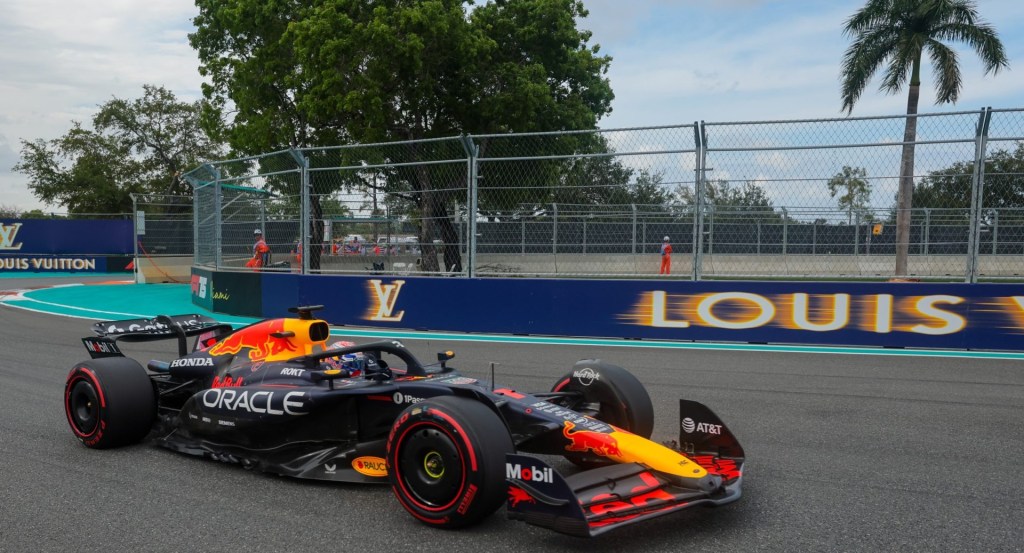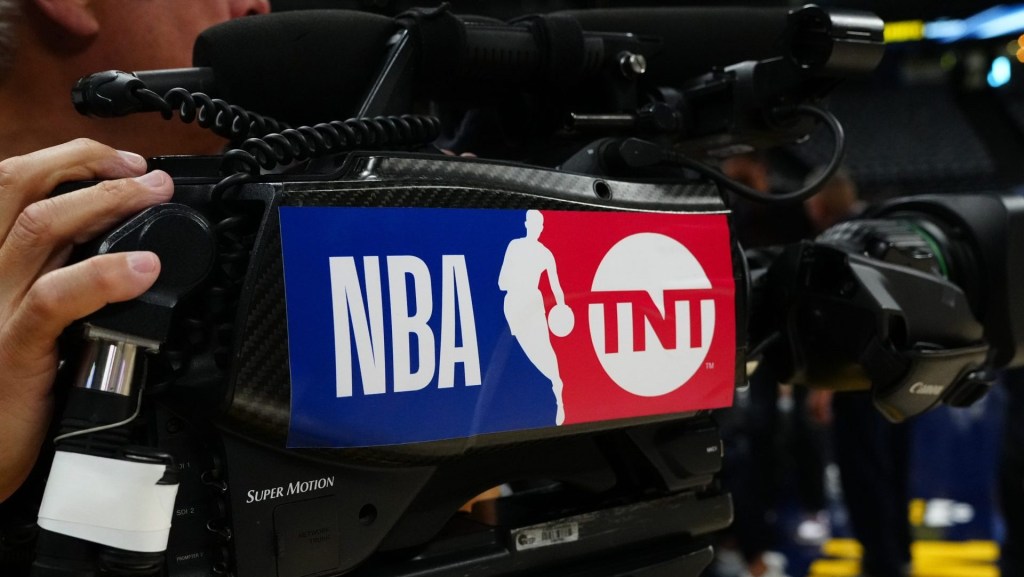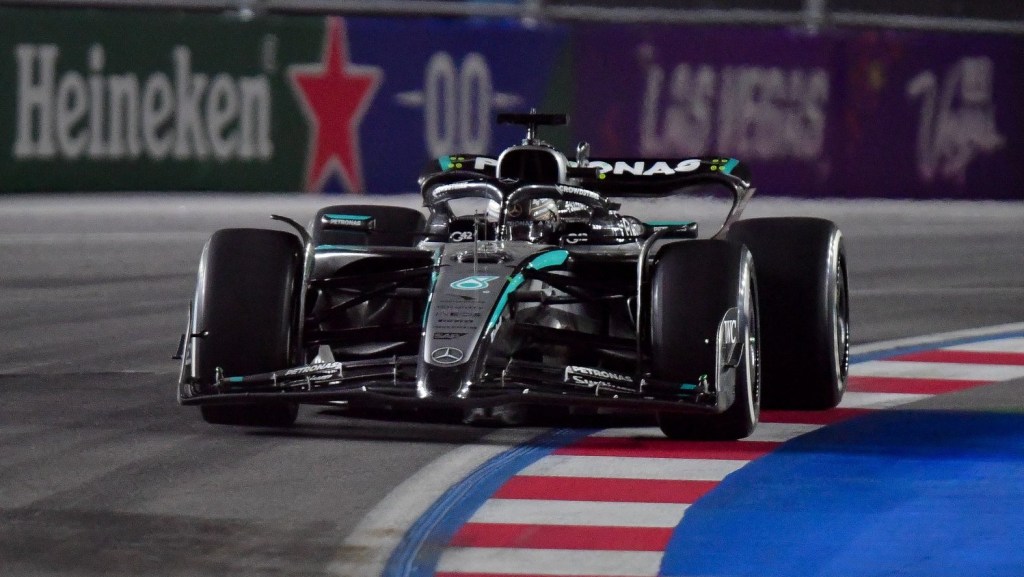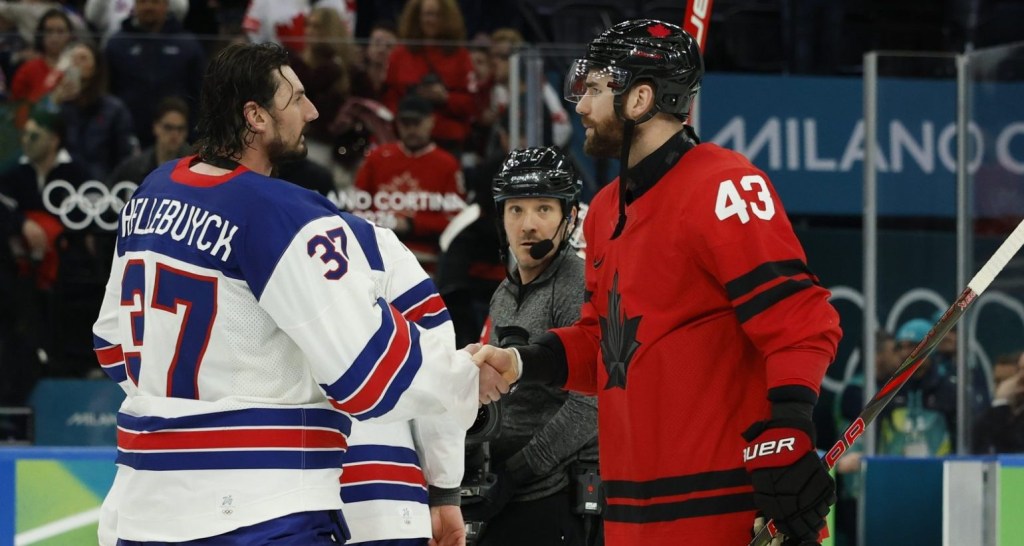The day after the NBA rejected the media-rights matching effort from TNT Sports, the reckoning began for network parent company Warner Bros. Discovery.
Investors were quick to make their sentiments known about WBD losing its NBA rights, immediately driving the company’s shares down 9% at Thursday’s market open, with the stock then closing at $7.99 per share, down 5.7% and wiping out roughly $1 billion in market value. WBD shares have now lost 36% of their value over the past year, and are less than one-third the level they were at when the current company was formed in April 2022 from WarnerMedia’s spin-off by AT&T and a merger with Discovery, Inc.
Financial analysts, meanwhile, began to convey a similar sentiment, cautioning that the outlook for WBD on both linear TV and the Max streaming platform is increasingly challenged without NBA rights following the 2024–2025 season.
“We have held onto our WBD rating in hopes that it would retain the NBA; losing these key rights means it now loses a core content asset for both its linear networks and its Max streaming service,” wrote Tim Nollen of Macquarie Equity Research in a note to clients. The firm downgraded WBD stock from “outperform” to “neutral.”
“[Linear] ad revenue will now drop sharply starting in [2025’s fourth quarter], and bargaining leverage on cable affiliate renewals now falls. But it’s the lost opportunity for the Max streaming service that worries us the most over time,” Nollen continued.
Even before the NBA rendered its decision to formally enter into an 11-year, $76 billion set of deals with Disney, NBC Sports, and Amazon, discussion had been rising both inside and outside of WBD about the need for a catalytic event such as a split of company assets or a large-scale merger to fundamentally reshape itself. Those calls will almost certainly grow now.
Improper Target?
As the NBA-WBD dispute is now potentially headed to a formal legal challenge, the issue centers on how TNT Sports’ matching rights with the league are defined. The network argues that it has met its obligation to match the terms of Amazon’s “C” package with the league, that the NBA has “grossly misinterpreted our contractual rights” in rejecting the latest offer.
The league, however, has countered with a very different opinion. Multiple reports said the NBA detailed its position in a letter sent Wednesday to TNT Sports, saying in part that WBD’s rights do not apply to an all-streaming rights package such as what Amazon now has.
That stark division reveals an even bigger question surrounding matching rights in sports media. Those provisions are often designed to aid incumbent rights holders and promote renewal. But here, WBD is essentially alleged to have done two things: misunderstanding what its matching rights provide, and then targeting the wrong package. The NBC Sports deal, known as the “B” package and estimated at $2.5 billion per year, in many respects is more similar to what WBD currently has, but is substantially more expensive than Amazon’s $1.8 billion per year agreement.
All Eyes on Chuck
The prospect of a lame-duck season for TNT Sports, as well as the status of its popular and influential Inside the NBA show, threatens to create its own seismic impacts across all of sports media. Each of the incoming NBA rights holders are assessing the prospect of pursuing Charles Barkley (above) and the entire cast of Inside the NBA.
That interest could soon spark a bidding war, with Barkley in particular in line for annual deals exceeding $20 million. It also raises the possibility of the already outspoken Barkley hitting an even higher level of candor during a final season of the show on TNT Sports.
“We’ll have to see how all this plays out. We just signed the deal,” Jay Marine, global head of sports for Amazon Prime Video, tells FOS. “They’ll have no shortage of options depending on what they want to do.”
Senior writer Michael McCarthy contributed to this report.
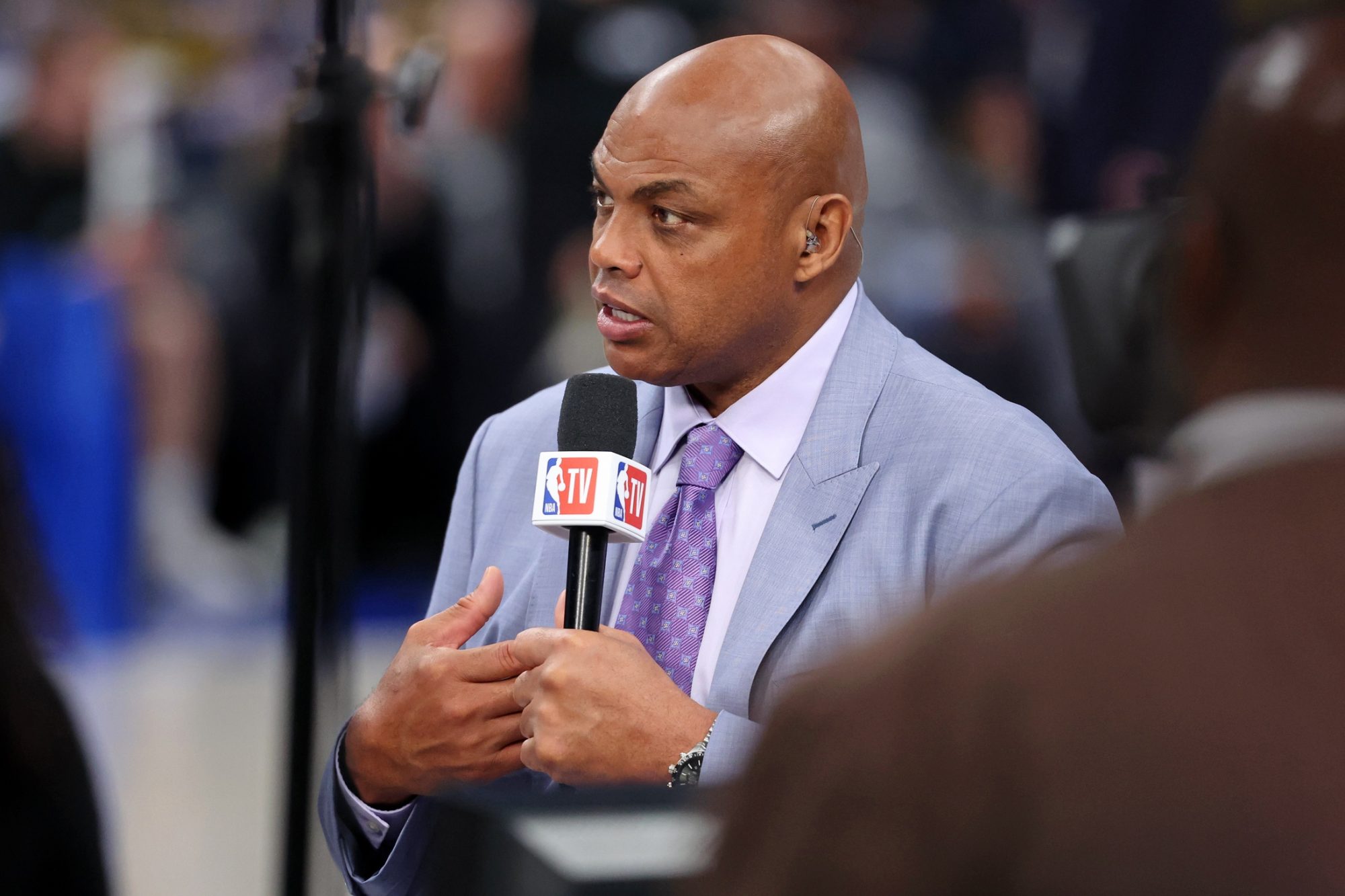
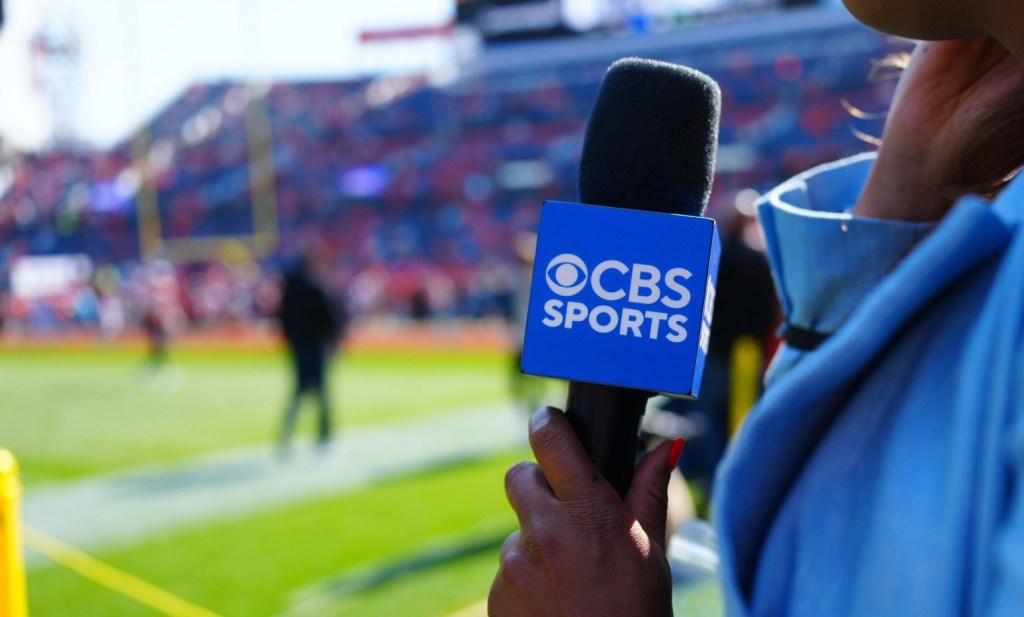

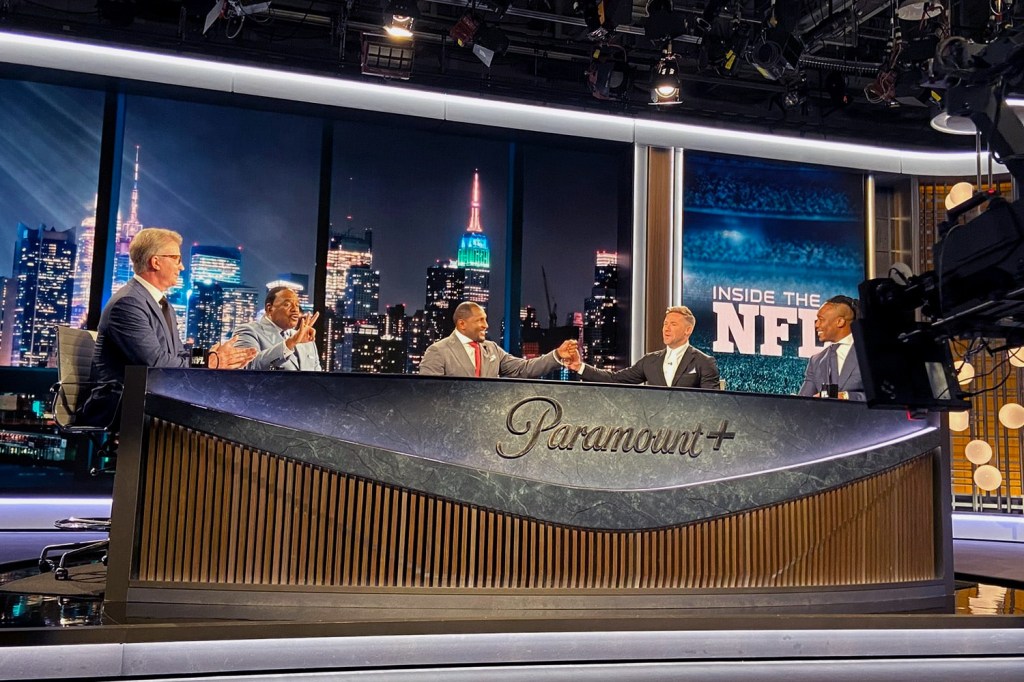
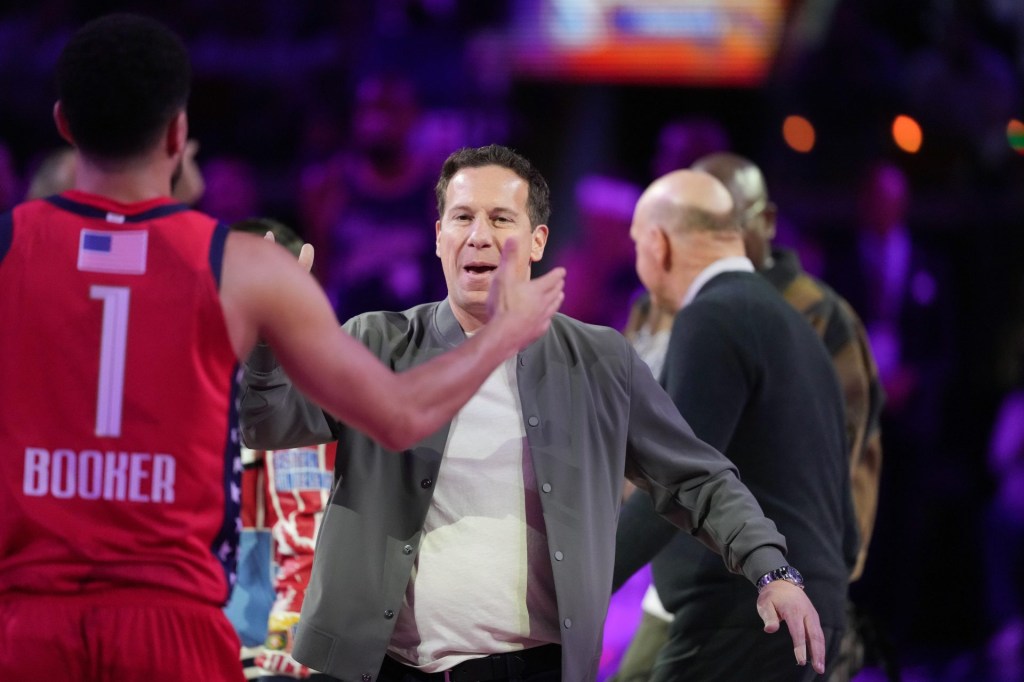
![[Subscription Customers Only] Jun 15, 2025; Seattle, Washington, USA; Botafogo owner John Textor inside the stadium before the match during a group stage match of the 2025 FIFA Club World Cup at Lumen Field.](https://frontofficesports.com/wp-content/uploads/2026/02/USATSI_26465842_168416386_lowres-scaled.jpg?quality=100&w=1024)
![[Subscription Customers Only] Jul 13, 2025; East Rutherford, New Jersey, USA; Chelsea FC midfielder Cole Palmer (10) celebrates winning the final of the 2025 FIFA Club World Cup at MetLife Stadium](https://frontofficesports.com/wp-content/uploads/2026/02/USATSI_26636703-scaled-e1770932227605.jpg?quality=100&w=1024)



